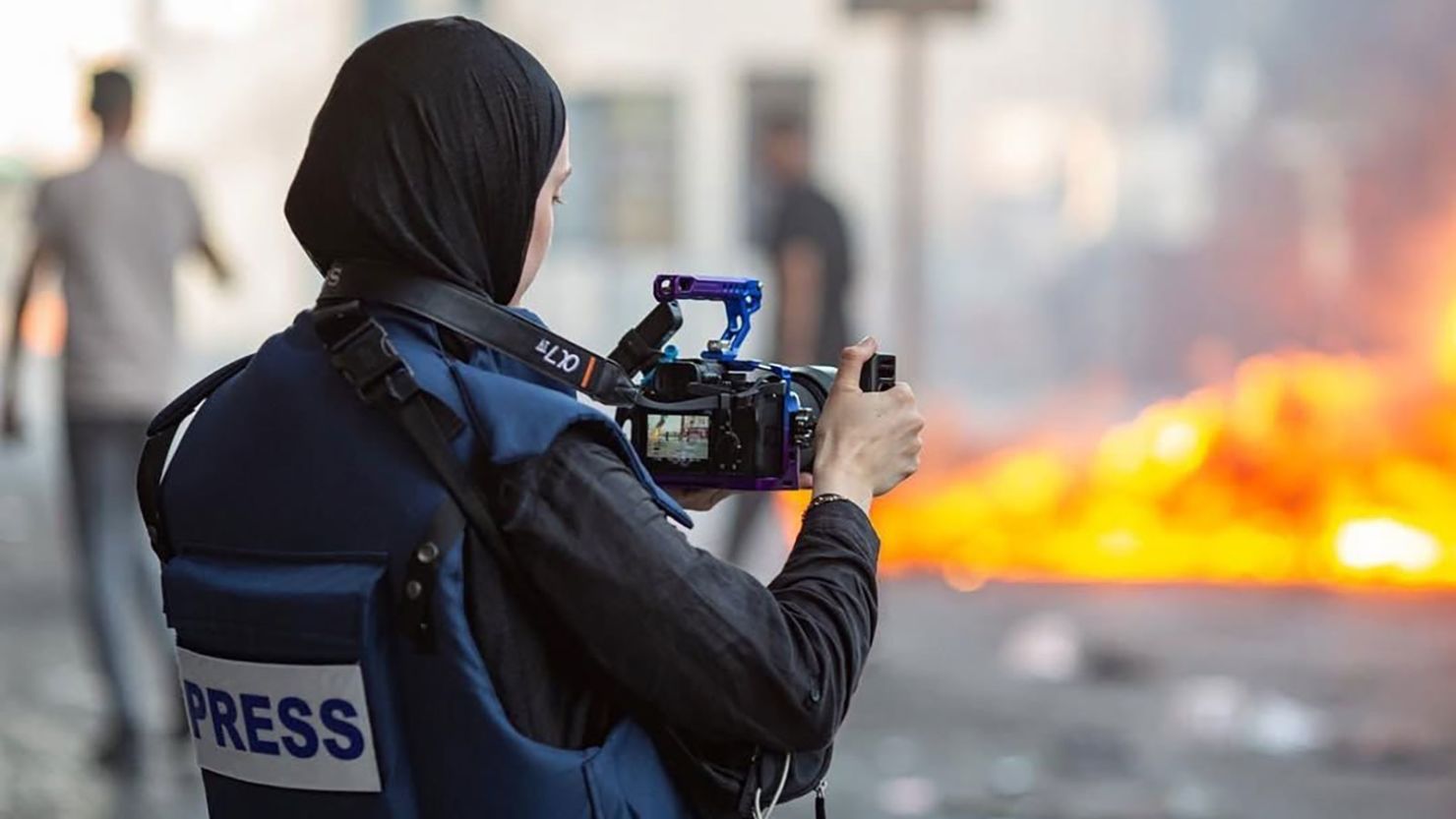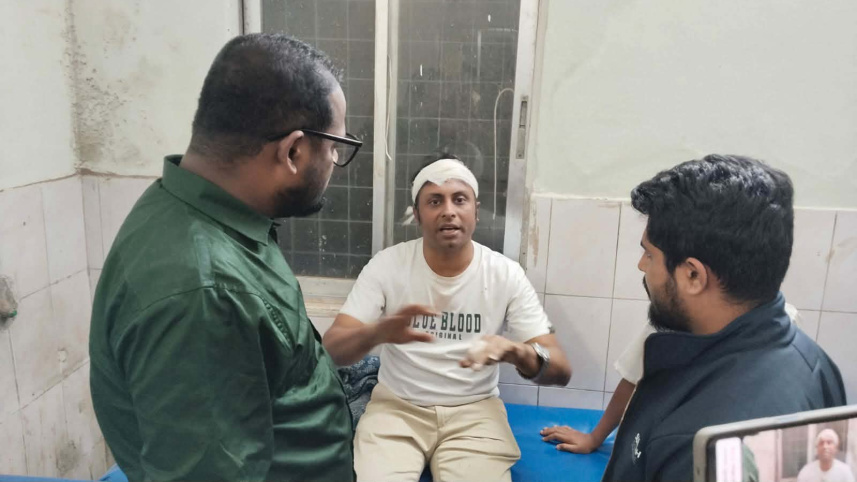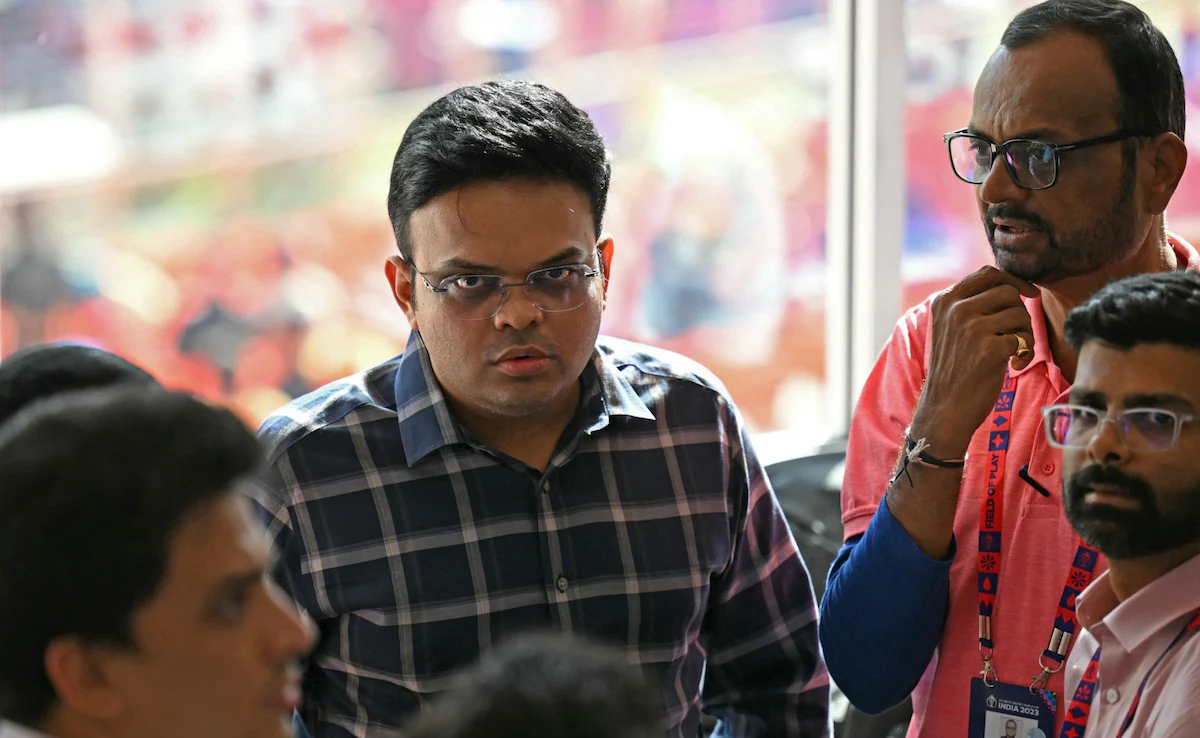
Azerbaijani Journalist Farid Mehralizada Jailed Over Critical Reporting
March 19, 2025
Palestinian Journalist Latifeh Abdellatif Detained by Israeli Forces Amid Press Freedom Concerns Released
March 19, 2025March 19, 2025 – China/France –
Reporters Without Borders (RSF) strongly condemned a coordinated online harassment campaign against two French journalists who produced an investigative report on forced labor in China. The journalists, whose work aired on France 2 on February 6, uncovered evidence that the French sportswear company Decathlon subcontracted production to a Chinese supplier allegedly involved in exploiting Uyghur forced labor. This report touched on a highly sensitive issue, previously flagged by both the U.S. Congress and the United Nations.
Following the program’s broadcast, the journalists became the target of an intense wave of cyber harassment. They received hundreds of death threats and hostile messages on various social media platforms, including Instagram, Facebook, and X (formerly Twitter). The abuse quickly escalated after Chinese state media outlets, including Xinhua News Agency, publicly attacked the report. These outlets labeled it as anti-China propaganda, effectively legitimizing and amplifying the campaign of abuse through a strategy RSF identifies as “information laundering.”
RSF criticized this state-linked intimidation, noting that by endorsing or disseminating hostile commentary, Chinese propaganda outlets fuel online hate against independent journalism. The organization warned that such tactics not only endanger the personal safety of journalists but also pose a broader threat to global press freedom.
In response to the growing online threats, RSF called on the French public prosecutor to launch a formal investigation and pursue those responsible for the harassment. The group also urged the French government to introduce more robust protections for journalists targeted by digital abuse, especially in cases where foreign influence is suspected.
This incident highlights the increasingly global nature of digital intimidation campaigns and the vulnerabilities journalists face when reporting on topics that challenge powerful state or corporate interests. It raises pressing questions about the role of social media platforms, government accountability, and international cooperation in ensuring that journalists can report freely and safely in an era of cross-border cyber threats.
Reference –




